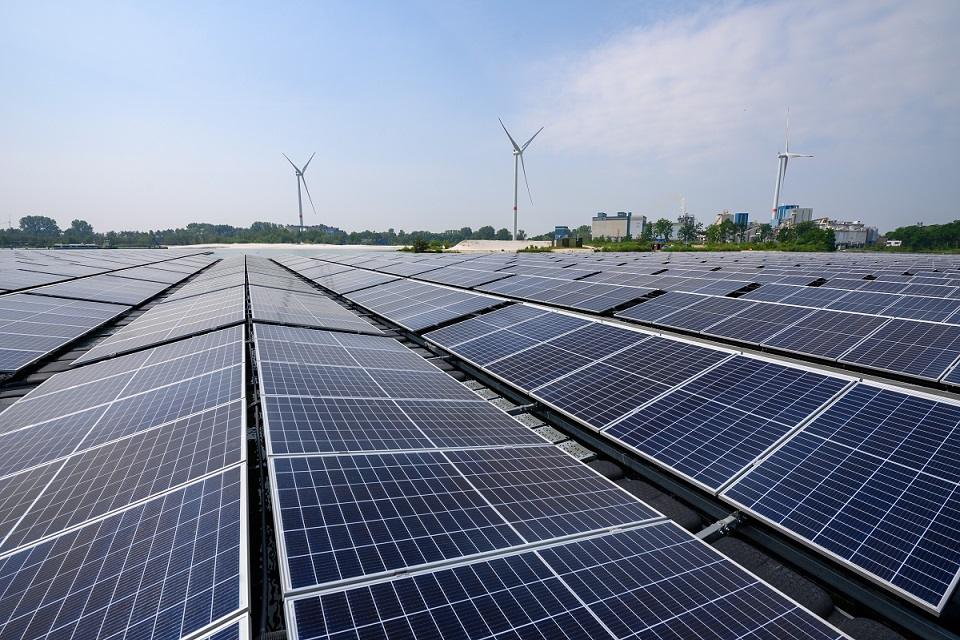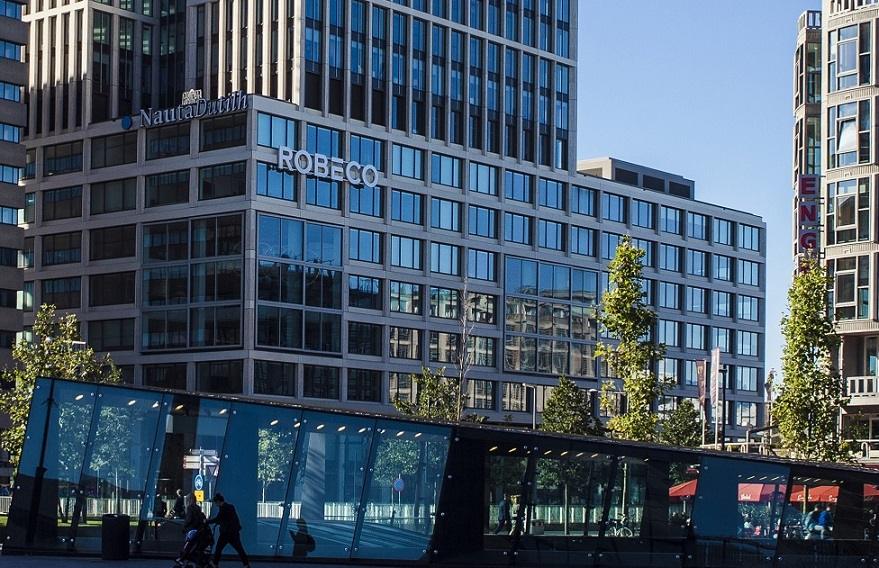Clean Energy Investment Surges to $1.8 Trillion in 2023 – But Still Not on Track for Net Zero: BloombergNEF
Clean energy investment globally rose sharply in 2023, increasing by 17% to $1.8 trillion, with particularly strong growth in electrified transport and emerging areas including hydrogen and carbon capture, according to a new report by BloombergNEF (BNEF).
Despite achieving record levels, however, the report noted that investment remains far below levels needed to align with a Paris-aligned net zero scenario, which would require nearly triple the amount of average annual clean energy spend through the end of the decade, according to BNEF.
The largest driver of the growth in clean energy investment, according to the report, was electrified transport, including electric vehicles such as cars, buses, commercial vehicles, as well as the related infrastructure, with investment in this area growing 36% last year to $634 billion, and overtaking the title of largest category from renewable energy, which grew a more modest 8% to $623 billion.
While starting from a substantially smaller base, investment in several emerging clean energy categories grew sharply in 2023, including hydrogen, which tripled to $10.4 billion, carbon capture and storage (CCS), nearly doubling to over $11 billion, and energy storage, up 76% to $36 billion.
By region, China was again by far the largest market for clean energy investment, at $676 billion, or 38% of the global total, according to BNEF. The report found, however, that China’s lead over the rest of the world declined, with faster growth in Europe and North America closing the gap, and with the combined investment of the EU, UK and U.S. passing China at $718 billion.
The EMEA region saw the fastest growth, with strong increases in Europe in solar, electric vehicles, hydrogen, CCS and clean industry driving a 38% regional increase in investment, while the Inflation Reduction Act helped spark a 22% jump in investment in the U.S., which rose to $303 billion.
The report also indicated substantial growth in investment in clean energy supply chain, including clean-tech equipment and battery metal mines and refineries, increasing to $135 billion in 2023 from $115 billion the prior year, and nearly tripling since 2020. According to BNEF, investment in clean energy supply chain is set to surge this year by 66%, driven by the pipeline of battery gigafactories.
According to the BNEF report, clean energy supply chains is one of the only large investment areas that is on track to meet the requirements of the net zero by 2050 scenario. By contrast, average annual investment levels between 2024 and 2030 would need to be more than 2x higher for renewable energy, grids, and energy storage, and nearly 3 times higher for electrified transport. In total, the BNEF net zero scenario indicates a need for annual clean energy investment of $4.8 trillion through 2030.
Albert Cheung, Deputy CEO of BNEF, said:
“Our report shows just how quickly the clean energy opportunity is growing, and yet how far off track we still are. Energy transition investment spending grew 17% last year, but it needs to grow more than 170% if we are to get on track for net zero in the coming years. Only determined action from policymakers can unlock this kind of step-change in momentum.”
Click here to access the report.





